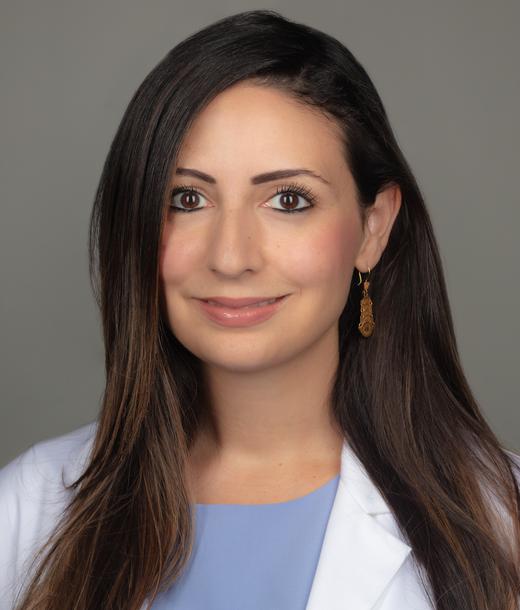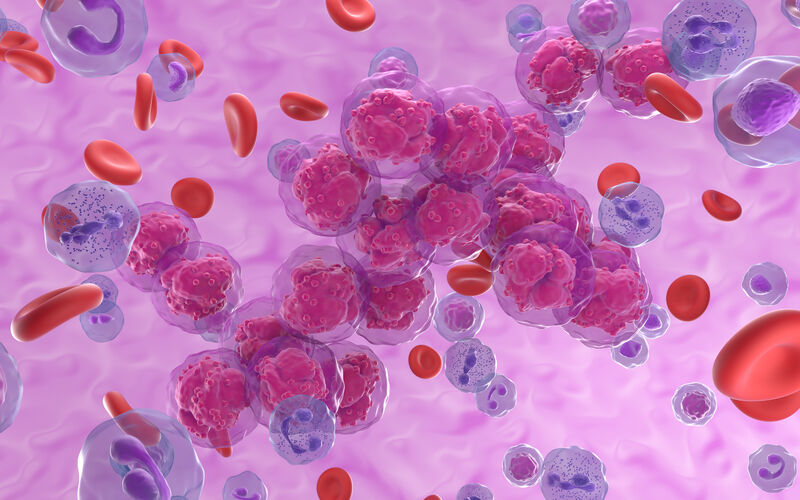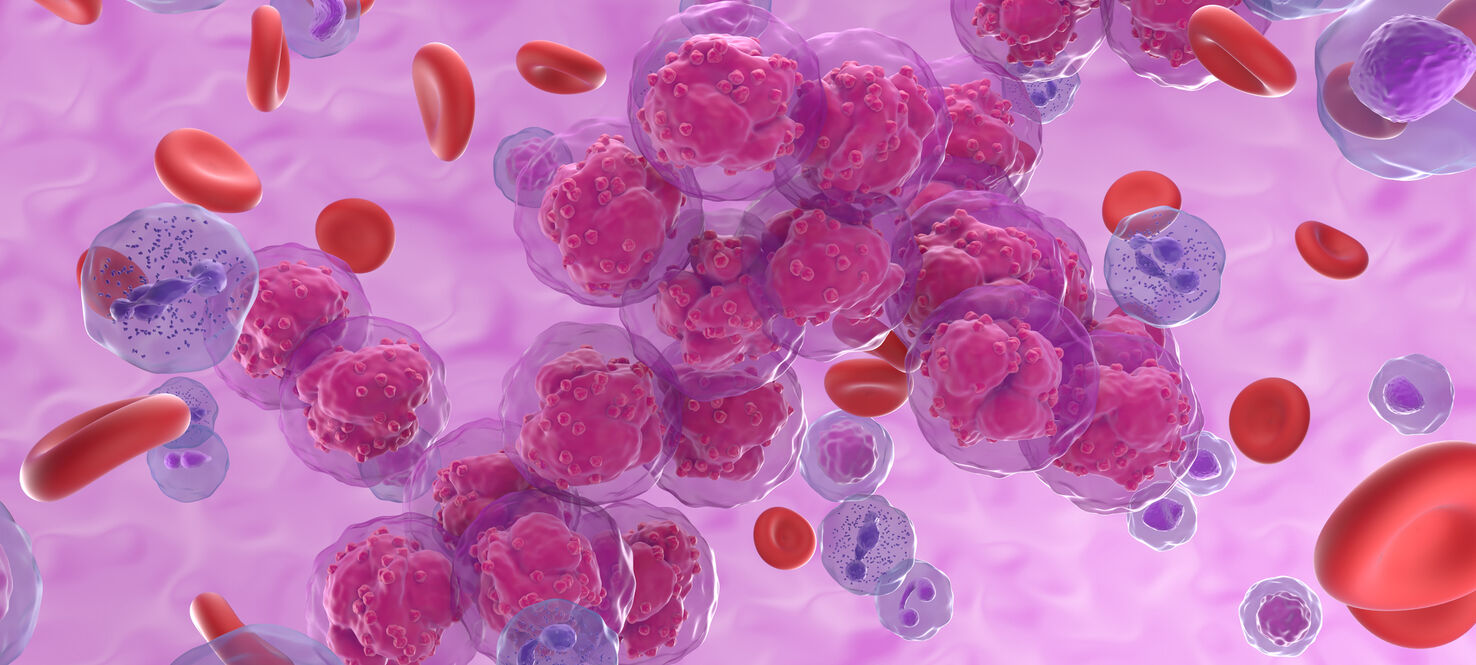Newly Approved CAR T-Cell Therapy Gives Acute Lymphoblastic Leukemia a New Personalized Option
A new approach in CAR T-cell therapy for acute lymphoblastic leukemia is giving patients a promising new personalized option that tailors the treatment dose to their individual tumor characteristics. Acute lymphoblastic leukemia (ALL) is a type of blood cancer that progresses quickly and can affect multiple organs. While treatment advances have significantly improved outcomes for children with ALL, adult cases, especially those that relapse or resist treatment, often face poorer outcomes. Traditional chemotherapy for relapsed or refractory ALL carries high risks and may cause severe side effects, often resulting in a median survival time of only a few months.

Rawan Faramand, MD
Approved by the U.S. Food and Drug Administration on Nov. 8, obecabtagene autoleucel (obe-cel) is a novel CAR T product designed to be safer for adults with relapsed or refractory B-ALL. For this therapy, a patient’s own T cells are harvested and engineered to target CD19, a protein which is found on the surface of leukemia cells. This therapy differs from other approved CAR T products in that it is designed to disengage from the target cells more quickly in an effort to reduce side effects. Moreover, this therapy introduces a tumor-guided approach to CAR T that tailors the dose based on the specific tumor characteristics. This method aims to enhance the therapy’s effectiveness and helps reduce the risk of severe immune-related side effects, such as cytokine release syndrome and neurotoxicity, which are common concerns with CAR T.
“Obe-cel is a major advancement in CAR T therapy,” said Rawan Faramand, MD, a medical oncologist at Moffitt Cancer Center. “ALL is an aggressive leukemia in adults, particularly among those who relapse or don’t respond to initial therapy. This novel approach has the potential to decrease serious side effects from CAR T-cell therapy and is a promising treatment option for a high-risk patient population. We are very excited to offer this therapy at Moffitt and to have another tool in our toolbox to provide hope for patients with high-risk B-ALL.”
The FDA approval of obe-cel is backed by findings from the Phase 1/2 FELIX clinical trial. In the study, 60% of patients achieved a complete response after receiving obe-cel. The average duration of response was over 14 months in those who achieve a complete response. The trial also highlighted the safety advantages of obe-cel’s tumor-guided dosing, with only 3% of patients experiencing severe cytokine release syndrome and less than 5% developing high-grade neurotoxicity, which are lower than observed with other CAR T therapies. These findings indicate that obe-cel has an encouraging safety profile and has the potential for long-term disease control.




